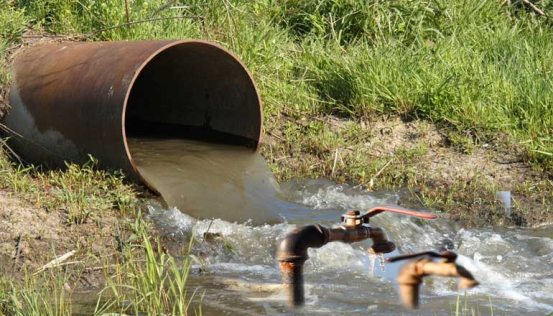
Thousands of boreholes have been sunk in Nairobi. But according to experts, it is unclear what amount of groundwater is available, let alone its quality.
Well-heeled Nairobians are spending about Sh4 million to sink boreholes and install facilities to channel water out. That water is sold through bowsers to affected inhabitants.
But Chrysanthus Gicheruh, a hydrologist with Earth Water Ltd, warns that the likelihood of such borehole water being contaminated is very high.
“This water is injected to the ground through percolation and most of it is raw sewage, water from polluted rivers and floods. This is what we sink boreholes to get. How frequent and conclusively do we test the suitability of that water?” he poses.
And besides the quality, he points out the likelihood of diminishing groundwater with accelerated development and agricultural activities that curtail groundwater recharge.
“Developments accelerate water flow and no time for natural process to take place. Less and less surface water sip into the ground, lessening recharge of groundwater.
In the 1920s, we sunk 80-metre boreholes in Nairobi, but today, we are going as deep as 300 metres,” he reveals.
Gicheruh advises that, “The fact that a borehole is pumping lots of water does not mean it can sustain that for long. They need to be equipped with monitoring systems to show fluctuation of time and space”.
Nairobi City Water and Sewerage Company (NCWSC) has 1,200 productive boreholes in their database, while Water Resources Management Authority talks of 2,000 legal boreholes out of the estimated 6, 000 in the capital.
 The Standard Group Plc is a multi-media organization with investments in media
platforms spanning newspaper print
operations, television, radio broadcasting, digital and online services. The
Standard Group is recognized as a
leading multi-media house in Kenya with a key influence in matters of national and
international interest.
The Standard Group Plc is a multi-media organization with investments in media
platforms spanning newspaper print
operations, television, radio broadcasting, digital and online services. The
Standard Group is recognized as a
leading multi-media house in Kenya with a key influence in matters of national and
international interest.









